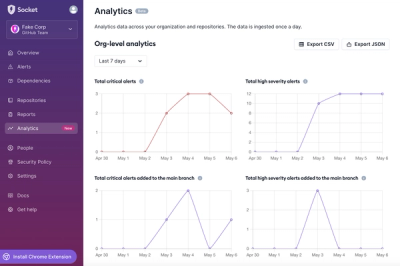elm-tooling CLI
The CLI for elm-tooling.json. Create and validate elm-tooling.json. Install Elm tools.
Installation
npm install --save-dev elm-tooling
npx elm-tooling --help
Commands
elm-tooling init
Create a sample elm-tooling.json in the current directory. It tries to guess some values based on your project to help you get started.
elm-tooling validate
Validate the closest elm-tooling.json. If you’re having trouble with some program not reading your elm-tooling.json correctly, try elm-tooling validate to check if you’ve made any mistakes.
elm-tooling download
Download the tools in the closest elm-tooling.json.
This command just downloads stuff from the Internet and shoves it into a folder (basically, ~/.elm/elm-tooling/). It does not provide you with an easy way to run the tools or anything. It’s up to other programs to support the shared location of binaries. But you can use elm-tooling postinstall to piggy-back on the well-supported npm ecosystem.
As mentioned in tools, you can set ELM_HOME environment variable to customize where tools will be downloaded. The Elm compiler uses this variable too for where to store packages.
elm-tooling postinstall
Download the tools in the closest elm-tooling.json and create links to them in node_modules/.bin/.
This is basically a drop-in replacement for installing elm and elm-format with npm. This lets you use the tools field of elm-tooling.json without your editor and build tools having to support it.
package.json:
{
"name": "my-package",
"devDependencies": {
- "elm": "0.19.1",
- "elm-format": "0.8.3"
+ "elm-tooling": "0.1.6"
},
"scripts": {
+ "postinstall": "elm-tooling postinstall"
}
}
elm-tooling.json:
+{
+ "tools": {
+ "elm": "0.19.1",
+ "elm-format": "0.8.3"
+ }
+}
Thanks to the postinstall script shown in package.json above, elm and elm-format will be automatically installed whenever you run npm install (just like you’re used to if you already install elm and elm-format using npm).
elm-tooling postinstall does two things:
- Runs
elm-tooling download. This makes sure your tools are available on disk as required by the elm-tooling.json spec. - Creates links in your local
node_modules/.bin/ folder to the downloaded tools, just like the elm and elm-format npm packages do. This allows you to run things like npx elm make src/Main.elm, and your editor and build tools to automatically find them.
The difference compared to installing the regular elm and elm-format packages are:
- Faster initial installs.
elm-tooling downloads all tools in parallel, while the binary downloads for the regular elm and elm-format packages are serial. - Faster subsequent installs. Once you’ve downloaded one version of a tool once you never need to download it again. This works by saving the binaries in a shared location rather than locally in each project.
- Less disk usage. Again, storing the binaries in a shared location saves tens of megabytes per project.
- Less npm dependencies. The
elm and elm-format npm packages depend on megabytes of dependencies. elm-tooling has no npm dependencies at all.
Note: If you’re using npm’s ignore-scripts setting or the --ignore-scripts flag, that also means your own postinstall script won’t run. Which means that you’ll have to remember to run npm run postinstall or npx elm-tooling postinstall yourself. npm tends to keep stuff in node_modules/.bin/ even when running npm ci (which claims to remove node_modules/ before installation), so it should hopefully not be too much of a hassle.
Similarly, you can set the NO_ELM_TOOLING_POSTINSTALL environment variable to turn elm-tooling postinstall into a no-op. This is useful if you need to npm install without running elm-tooling postinstall, but npm install --ignore-scripts disables too many scripts (such as those of dependencies).
License
MIT.



